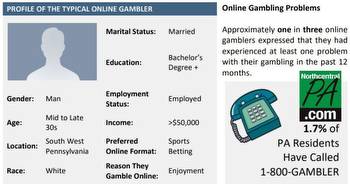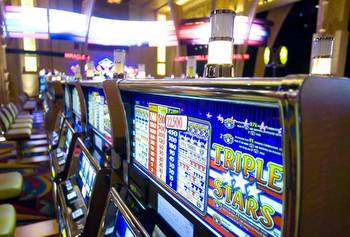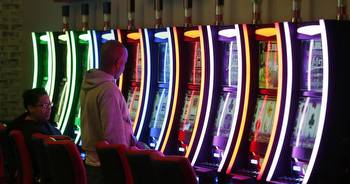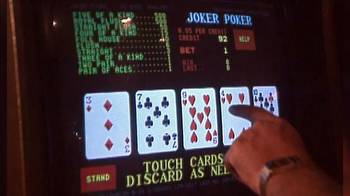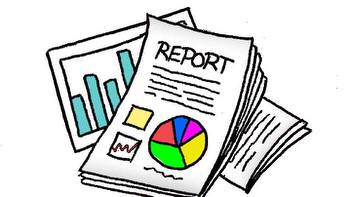One in three online gamblers in Pa. had a problem in last 12 months
A new report lays out the scope of online gambling in the commonwealth — and the problems it causes for some of your friends and neighbors.
Roughly one in 10 Pennsylvanians has gambled online in the last year, according to the state Department of Drug & Alcohol Programs, Penn State University, and the Pennsylvania Gaming Control Board, which released its second annual report on Thursday surveying the state’s online gaming landscape.
Of the Pennsylvanians who gambled online, one in three reported at least one problem with their gambling in the past 12 months, and 1.7% of residents have called the state’s 1-800-GAMBLER help line, according to the report, which also paints a demographic picture of the typical online gambler.
In general, Pennsylvania’s online gamblers are employed, married men in their middle to late 30s with an income of more than $50,000 a year, who hail from southwestern Pennsylvania.
They are typically white, have a bachelor’s degree, prefer sports betting, and gamble online because they enjoy it, the data showed.
The report’s findings were generated from a survey of more than 1,100 people across Pennsylvania in 2022, the agencies and Penn State said in a Thursday statement.
In that statement, acting Drug & Alcohol Programs SecretaryDr. Latika Davis-Jones said the data will help the agency “assess and address how gambling behaviors impact compulsive and problem gambling within the Commonwealth.
“We want to ensure we are offering all the resources we can at the state level to anyone who may be experiencing problem gambling behaviors,” Davis-Jones continued. “Knowing the current online gambling trends in the state will help DDAP make informed decisions and help to spread awareness that treatment and resources are available to help when this recreational hobby becomes a more serious problem.”
And “monitoring gambling behaviors, especially as we embark on an era of increased access to online gambling opportunities, will be essential to develop knowledge associated with their impacts on the health of our Commonwealth’s residents, families, and communities,” Dr. Glenn Sterner, anassistant professor of criminal justice at Penn State, added. “Using data from this survey can ensure that any interventions that may be needed are grounded in evidence.”
How do you know when you have a problem?
If you’re a gambler, and you find yourself starting to “develop strained relationships with loved ones, borrow money to gamble, gamble to experience a high or feeling, miss work, school, or other activities and obligations in order to gamble,” then you may have a problem, according to the state.
“These behaviors can have a serious impact on a person’s financial, physical, and mental health. Other symptoms of problem gambling include trying to hide or lying about gambling, using gambling as an escape to avoid dealing with other problems, and feeling like the habit is out of control but being unable to stop,” the agencies and Penn State said in the joint statement.
You can join the state’s Self-Exclusion Program, which allows you to be excluded from “legalized gaming activities including iGaming and those within a casino and offsite venues.”
PGCB’s website specific to its efforts in compulsive and problem gaming.















